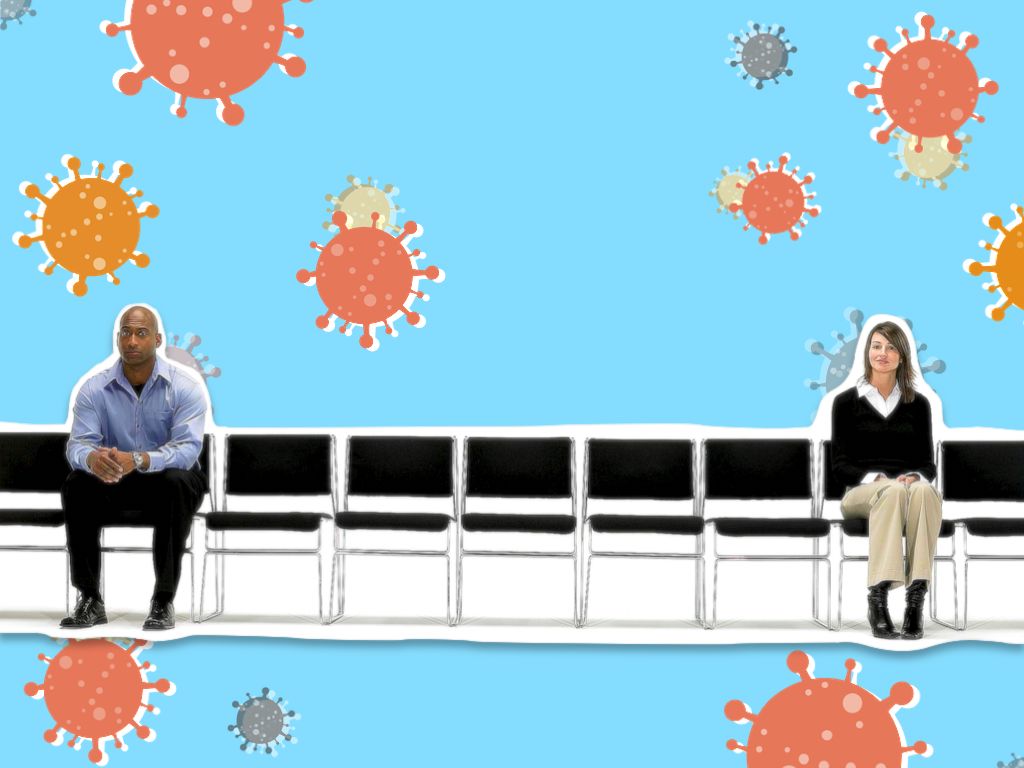5 Mins Read
The world is in the middle of a deadly coronavirus pandemic, which has already taken the lives of nearly 9,000 and infected more 218,000 globally, at the time of writing. To slow down the spread of Covid-19, many governments and health authorities have issued advice to practice social distancing as an effective precautionary and preventive measure, especially those with increased risk of transmission due to underlying illnesses, old age or other vulnerabilities. While the term has been floating around for the past weeks and months, you might be wondering what exactly it involves and why it is recommended during the pandemic. Below, we explain what social distancing is, why it is effective, how to practice it and more.
What is social distancing?
Social distancing is a set of non-pharmaceutical infection control action measures practiced with the intention of slowing or stopping the spread of a contagious disease. Essentially, it requires individuals to reduce the frequency and proximity of contact with other people as much as possible, and the experience may be very different from our daily lives and habits.
Why is social distancing effective?
There is scientific evidence from previous outbreaks, including the 1918 flu pandemic and the 2014 Ebola outbreak, that social distancing is an effective way to limit the spread of infections. The current novel coronavirus – Covid-19 – is thought to be predominantly transmitted by droplets from mouths and noses of infected people when they cough and sneeze, which can spread to others when it lands on other people’s hands and faces or on surfaces.
By reducing your rate of contact with other people, you can lower the risk of being infected with the coronavirus because you are less likely to be exposed to other humans who have the virus. If you are an infected person, or are in the “incubation” period when you may not show any symptoms but do have the virus, social distancing also avoids you passing it onto others and protects those around you.
Who should practice social distancing?
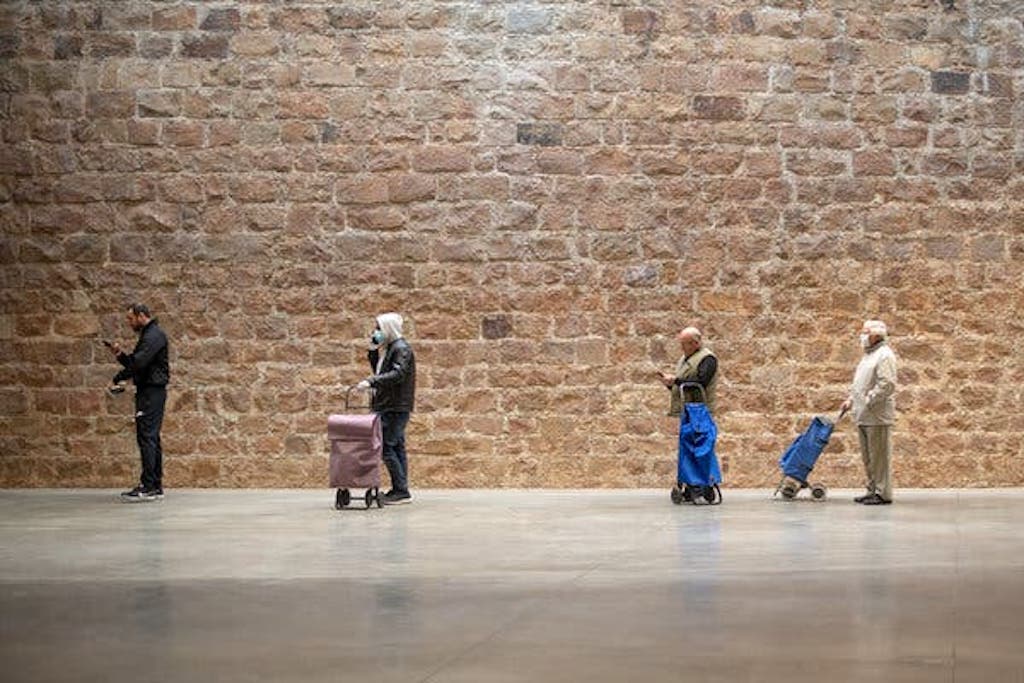
Health authorities in Hong Kong are advising all members of the public to practice social distancing among other measures such as hand hygiene and wearing a surgical face mask to counter the spread of Covid-19. In a press conference in February, Hong Kong University Chair of Infectious Diseases Professor Kwok-yung Yuen said that curbing a community outbreak will require people to distance themselves from others, such as avoiding large crowds, working from home if feasible and not taking public transport during rush hours. The Centre of Health Protection (CHP) has added that the general public should work from home if possible, avoid social gatherings and meal gatherings as well.
Some groups of people with increased risk of being severely ill if they contract Covid-19 are strongly advised to take these measures even more seriously than the general population by taking more stringent forms of social distancing. These groups of people include those aged 70 or older regardless of medical conditions, or those younger than 70 but with underlying health conditions, especially those with chronic respiratory diseases (asthma, bronchitis), heart disease, kidney disease, and diabetes.
Those with weakened immune systems as a result of conditions such as HIV and AIDs, those that are undergoing chemotherapy treatment due to cancer, and those that are pregnant or are on immunosuppression medication must also adhere to stricter social distancing.
How do you practice social distancing?
There are many methods of social distancing. For the general population, health experts agree that everyone should avoid contact with those displaying flu-like symptoms or who feel unwell, avoiding non-essential use of public transport and travel by postponing plans or varying travel times to avoid rush hour, working from home where possible, avoiding all large crowds and gatherings. It is advised to put on hold any large-group plans to eat together or to attend bars and clubs with others, and to keep in touch with family and friends using remote technology such as social media, video and phone calls.
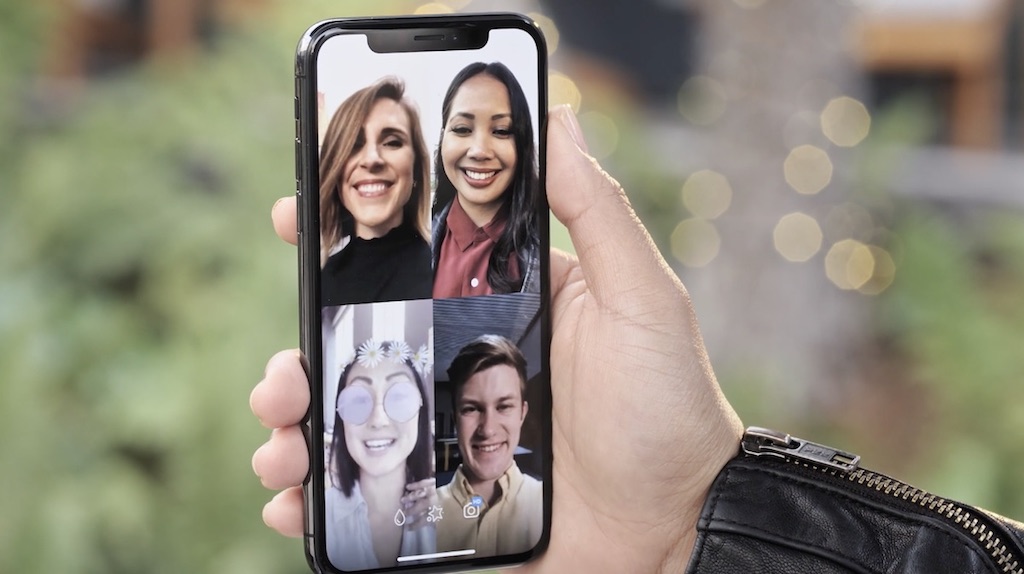
Unlike guidelines to self-isolate or self-quarantine, social distancing does allow for individuals to be out and about, but stipulates limited exposure with other people. The World Health Organisation (WHO) recommends that everyone try to maintain a distance of at least 1 metre between themselves and others, and to avoid physical contact in social situations, including handshakes, hugs and kisses.
Those with increased vulnerability of infection should decrease the time they spend outside of homes as much as possible, more so than the general population. This could mean asking family, friends and neighbours to support you to get assistance with foods and medicines.
What about social distancing at home?
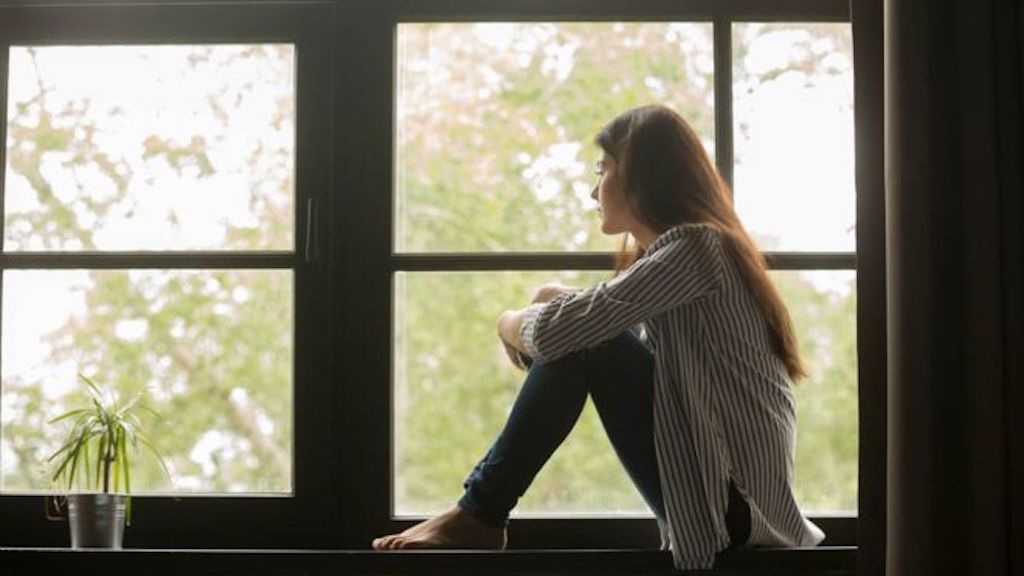
It is recommended that people who believe they may be infected or are unwell should separate yourself from others they live with as much as possible. If you have to share a bathroom or a toilet, these areas need to be cleaned and sanitised regularly, and you should alert the medical / health authorities of your situation.
How can I look after myself under strict social distancing?
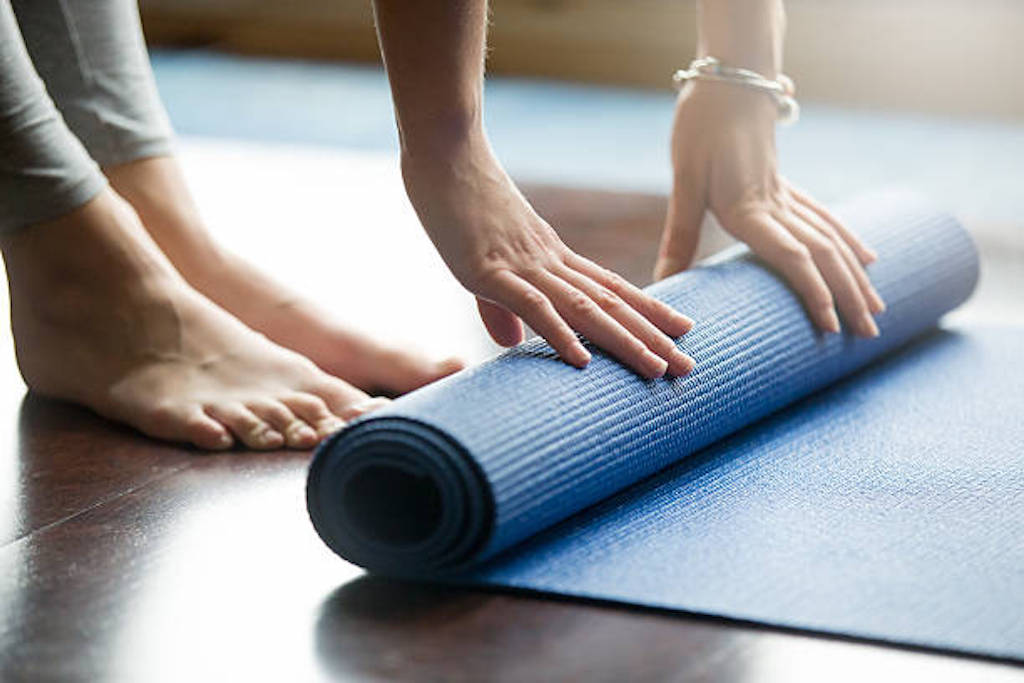
Social distancing can be boring, frustrating and even lonely. There are a few things you can do to help stay mentally and physically well during this time, such as spending time doing hobbies, listening to the radio, eating healthy and well-balanced meals, staying hydrated and doing exercise at home. Keep your windows open to allow ventilation and do go outside for walks while maintaining your distance with others, and reach out to family and friends using remote contact to talk or ask for help when you need it.
Read our earlier coverage of Covid-19 and tips on prevention here.
Lead image courtesy of Getty Images / Clipart Library / compiled by Green Queen Media.


